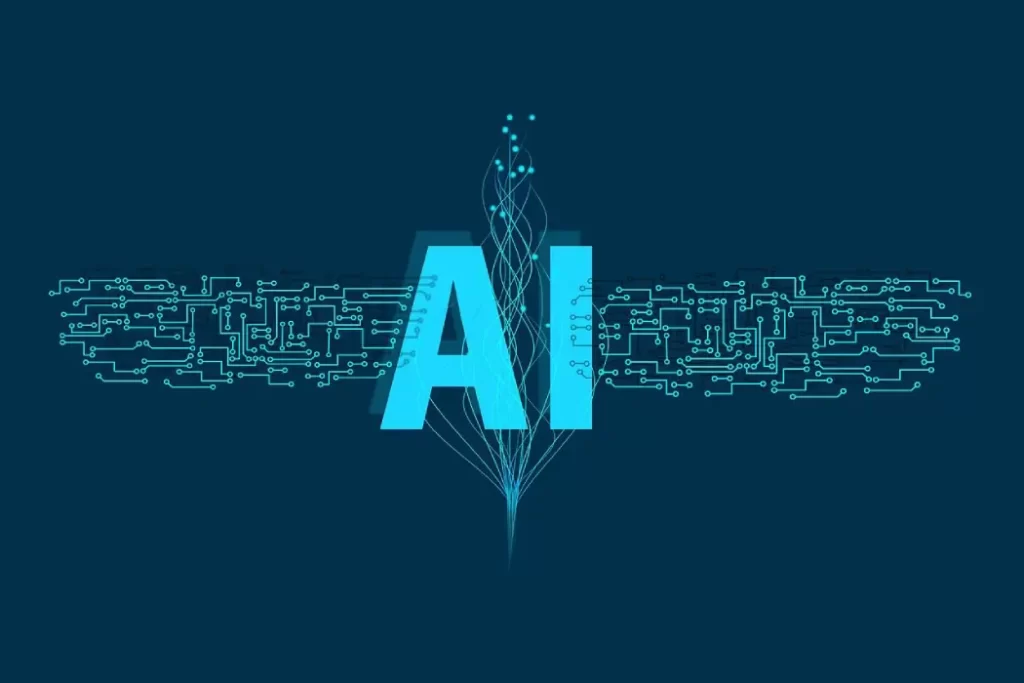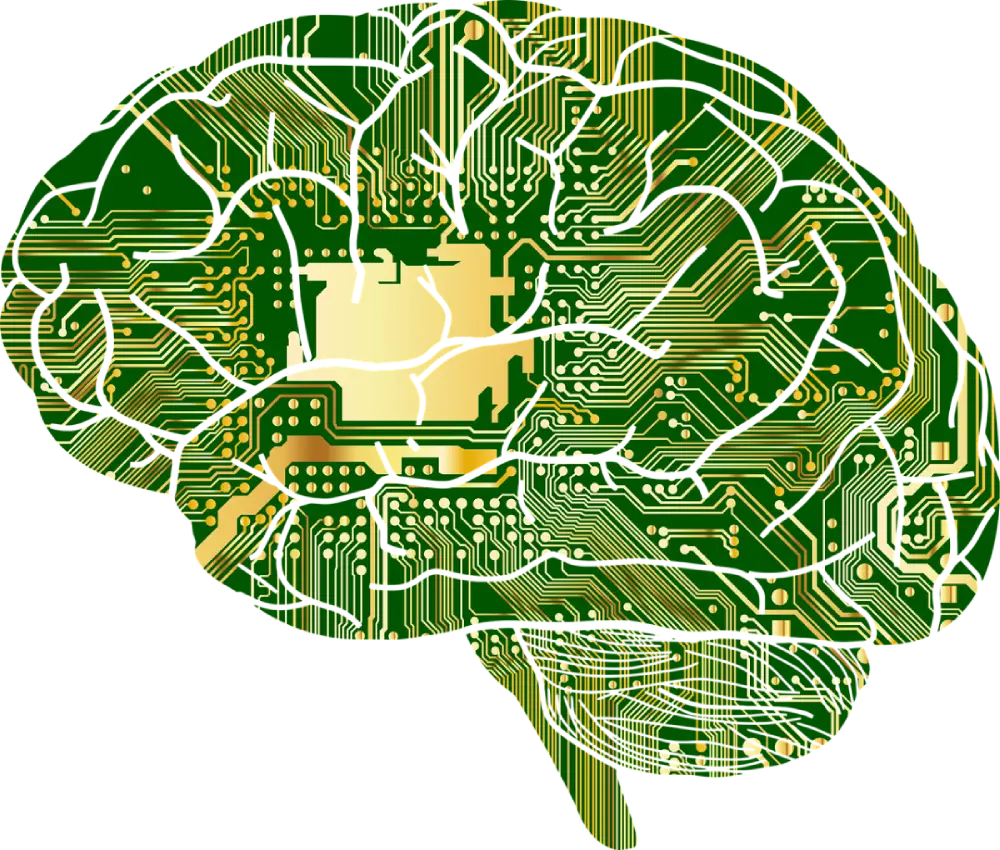Introduction
Artificial Intelligence (AI) has emerged as one of the most transformative and revolutionary technologies of our time. With its ability to mimic human intelligence and perform tasks that once seemed impossible for machines, AI is changing the way we live, work, and interact with the world. In this comprehensive article, we will delve into the various aspects of Artificial Intelligence, from its history and development to its current applications and future potential. Join us on this captivating journey as we explore how AI is transforming industries, driving innovation, and shaping the future.

What is Artificial Intelligence?
Artificial Intelligence refers to the simulation of human intelligence in machines, enabling them to perform tasks that typically require human cognitive abilities, such as learning, reasoning, problem-solving, and decision-making. AI is not a single technology but a combination of various branches, including machine learning, natural language processing (NLP), computer vision, and robotics, among others. The ultimate goal of AI is to create machines that can think, learn, and adapt on their own, leading to autonomous and intelligent systems.
The History of Artificial Intelligence
The roots of AI can be traced back to ancient civilizations’ myths and folklore, where stories of artificial beings with human-like abilities were prevalent. However, the modern concept of AI began to take shape in the 1950s when computer scientists started exploring the idea of creating machines that could exhibit intelligent behavior. The term “Artificial Intelligence” was coined during a workshop at Dartmouth College in 1956, where pioneers like John McCarthy and Marvin Minsky laid the foundation for AI research.
Evolution and Development of AI
Over the decades, AI has undergone significant evolution and development, marked by various milestones and breakthroughs. From early symbolic AI that focused on rule-based systems to the emergence of neural networks and deep learning algorithms, AI has seen exponential growth. The availability of vast amounts of data and powerful computing capabilities has propelled AI to new heights, allowing it to tackle complex tasks with unprecedented accuracy.
Applications of Artificial Intelligence
Natural Language Processing (NLP) in AI
NLP is a subfield of AI that deals with the interaction between computers and human language. It enables machines to understand, interpret, and generate human language, opening up a wide range of applications. Virtual assistants like Siri and Alexa utilize NLP to understand voice commands and respond to queries, while chatbots use it to engage in human-like conversations and provide customer support.
Computer Vision and AI
Computer vision empowers machines with the ability to interpret and analyze visual information from the world around them. AI-driven computer vision systems are used in facial recognition, object detection, autonomous vehicles, medical imaging, and surveillance, making them invaluable tools in various industries.
AI in Healthcare
AI is revolutionizing the healthcare industry, from diagnosis and treatment to personalized medicine and drug discovery. Machine learning algorithms can analyze vast amounts of medical data to identify patterns and predict patient outcomes, leading to more accurate diagnoses and improved patient care.
AI in Finance
In the financial sector, AI plays a crucial role in fraud detection, risk assessment, and algorithmic trading. AI-powered chatbots are also transforming customer interactions in banking, providing personalized recommendations and assistance.
AI in Education
AI is reshaping the education landscape by enabling personalized learning experiences. Intelligent tutoring systems can adapt to students’ individual needs and pace, helping them grasp concepts more effectively. AI-powered educational games and simulations enhance engagement and retention among students.
Robotics and Automation
AI-driven robots are becoming increasingly prevalent in manufacturing, logistics, and even household tasks. These robots can perform repetitive and hazardous jobs with precision and efficiency, reducing the burden on human workers and enhancing productivity.
The Impact of Artificial Intelligence
Advantages of AI Adoption
The widespread adoption of AI offers numerous benefits across industries. Increased efficiency, reduced human error, and improved decision-making are some of the advantages that businesses and organizations can gain from integrating AI into their operations. Moreover, AI-driven insights and predictions can drive innovation and lead to the development of new products and services.
Societal Implications of AI
As AI becomes more integrated into our lives, it raises important ethical and societal questions. Concerns about job displacement due to automation, data privacy, bias in AI algorithms, and the role of AI in decision-making are among the critical issues that need careful consideration.
Artificial Intelligence: Challenges and Future Directions
Overcoming Data Limitations
AI heavily relies on data to learn and make informed decisions. However, ensuring access to high-quality and diverse datasets while maintaining data privacy remains a challenge.
Addressing Ethical Concerns
The development of AI must go hand in hand with robust ethical frameworks to ensure fair and responsible AI deployment. Striking a balance between innovation and ethical considerations is vital for AI’s sustainable growth.
Advancements in AI Research
AI research is a rapidly evolving field, and continuous breakthroughs are expected. Improving AI’s ability to handle complex tasks and enhance its interpretability will be critical for its future applications.
Conclusion
Artificial Intelligence is a transformative technology that is reshaping industries, enhancing human capabilities, and driving innovation. From its humble beginnings to its current applications and future potential, AI continues to captivate the world with its possibilities. However, as we embrace AI’s benefits, we must also address ethical concerns and ensure responsible AI development. As AI evolves, it will play an increasingly significant role in shaping the future, ushering in a new era of technological advancement.
Is AI only about robots?
No, AI encompasses a wide range of technologies and applications beyond robotics. It includes machine learning, natural language processing, computer vision, and more.
Can AI replace human jobs?
AI can automate certain tasks, leading to job displacement in some industries. However, it also creates new job opportunities and enhances human productivity.
Are there any risks associated with AI?
Yes, AI poses risks related to data privacy, algorithmic biases, and potential misuse. Ethical guidelines and regulations are essential to mitigate these risks.
How is AI used in self-driving cars?
AI enables self-driving cars to perceive their surroundings through sensors and cameras, make real-time decisions, and navigate safely without human intervention.
Can AI be creative?
AI can exhibit creativity to some extent, such as generating artwork, music, or literature. However, human creativity remains unique and unparalleled.
How will AI impact healthcare?
AI will revolutionize healthcare by improving diagnostics, accelerating drug discovery, and enabling personalized treatment plans, leading to better patient outcomes.
We actually used AI to create the video below:

